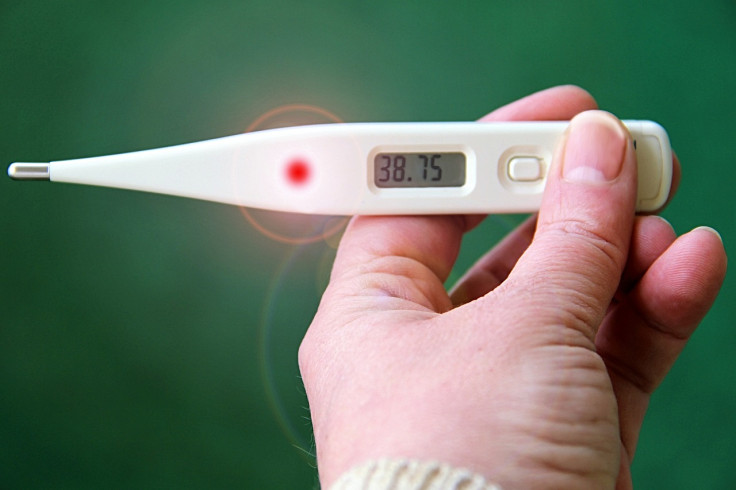Arkansas Reports 1 Case Of Locally Acquired Malaria: Know Symptoms, Complications

Health officials in Arkansas have issued a warning against malaria after a locally transmitted case of the mosquito-borne disease was confirmed in the state.
"The Arkansas Department of Health (ADH) has identified a case of locally acquired malaria in an Arkansas resident. The person resides in Saline County and has not traveled out of the country," it said in a news release Wednesday.
This is the only locally acquired case of malaria identified in the state this year. A total of nine other locally acquired cases were reported across the U.S., with seven of them in Florida.
Around 241 million cases of malaria were reported worldwide in 2020, out of which 627,000 people died. Every year, approximately 2,000 cases of malaria are reported in the U.S. and a majority of them are from residents traveling to countries where malaria is present. The risk of transmission in the U.S. is considered low.
How does it spread?
Malaria is a life-threatening infection spread to humans by female Anopheles mosquitoes. Once a human body is infected with malaria, the parasites grow and multiply inside liver cells and spread to red blood cells. It cannot be transmitted from person to person.
Watch out for the symptoms
The symptoms of malaria typically appear within two weeks of a bite from an infected mosquito. Sometimes, the incubation period may be longer and symptoms may appear after a year or more.
The symptoms may be mild for people who had a previous infection, but for infants, pregnant women and people with HIV, it can create complications and even death if not treated properly. Fever, chills, fatigue, headache, nausea, vomiting and diarrhea, confusion, jaundice, breathing difficulties and rapid heart rate are some of the common signs.
In some people, symptoms may appear in cycles, with patients experiencing periods of attacks with shivers, chill and high fever followed by sweating and normal temperature.
Know the possible complications
Getting treatment at the earliest is essential as some people may develop malaria complications within days of initial symptoms. Kidney failure, liver failure, acute respiratory distress syndrome, sudden drop in blood pressure and low blood sugar are some of the complications.
The patients may develop anemia when the red blood cells fail to carry adequate oxygen to organs. Cerebral malaria is another possible complication that leads to death. It occurs when parasite-filled blood cells block small blood vessels in the brain, causing brain damage.
Pregnant women infected with malaria are at risk of premature birth, stillbirth, miscarriage and death of the mother. Their babies can develop complications such as low birth weight and restricted growth in the womb.
Published by Medicaldaily.com



























